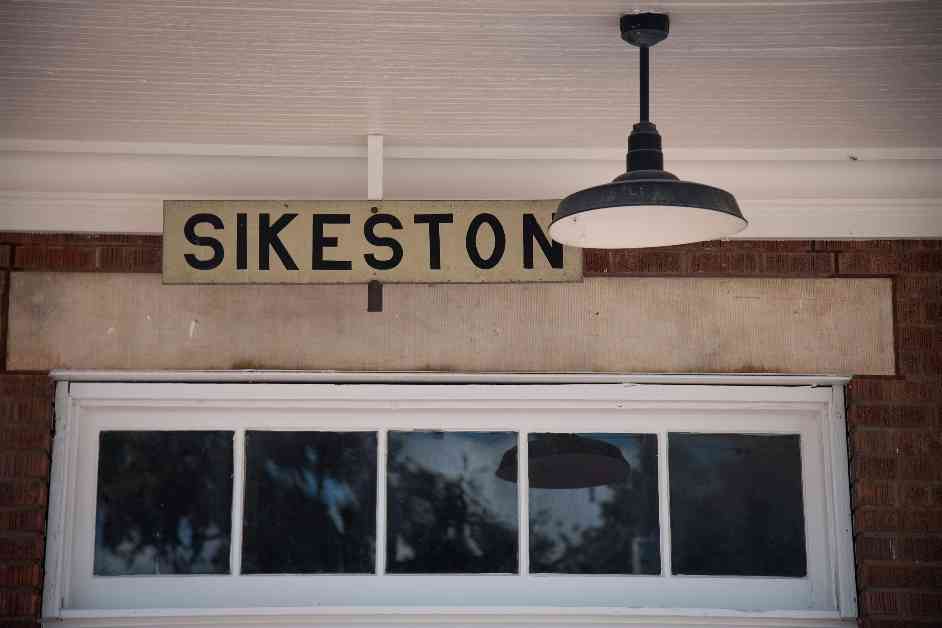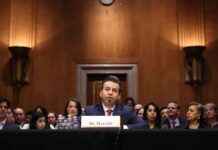Exploring the Impact of Racism and Violence on Health
In a riveting conversation between KFF Health News Midwest correspondent Cara Anthony and Emily Kwong, host of NPR’s podcast “Shortwave,” the deep-rooted effects of racism and violence on the health of Black families in America are brought to light. Anthony sheds light on her reporting from southeastern Missouri in the documentary film, podcast, and print reporting project titled “Silence in Sikeston.” This project delves into the aftermath of lynchings and police killings in communities, uncovering the harsh realities faced by residents.
Witnessing the lynching of Cleo Wright as a teenager in 1942, Mable Cook reflects on the trauma that continues to haunt her and the residents of Sikeston, Missouri, over 80 years later. Cook recounts how her father, in an attempt to shield her from the horrors she had seen, advised her to forget the incident and not speak of it. The lingering silence surrounding these events speaks volumes about the lasting impact of racial violence on individuals and communities.
### Unearthing the Health Consequences
Conversations with Cook, one of the few remaining witnesses of the lynching, serve as a catalyst for discussions on the profound health consequences of racism and violence in the United States. Racial equity scholar Keisha Bentley-Edwards sheds light on the physical, mental, and emotional burdens endured by Sikeston residents and Black Americans at large. Bentley-Edwards emphasizes the detrimental effects of racial trauma, highlighting how individuals are often forced to suppress their experiences and question the validity of their own suffering.
### Healing Generational Trauma
As Anthony delves deeper into her reporting, she uncovers a personal connection to the topic through a police killing within her own family. This revelation prompts a poignant dialogue with Aiesha Lee, a licensed professional counselor and assistant professor at Penn State, who emphasizes the intergenerational nature of trauma. Lee stresses the need to dismantle and address this pain over generations, acknowledging the complex journey towards healing and reconciliation.
The stories shared in “Silence in Sikeston” underscore the urgent need to confront the deep-seated wounds inflicted by racism and violence. Through empathy, understanding, and open dialogue, we can begin to heal the scars of the past and pave the way for a healthier, more equitable future for all.

















